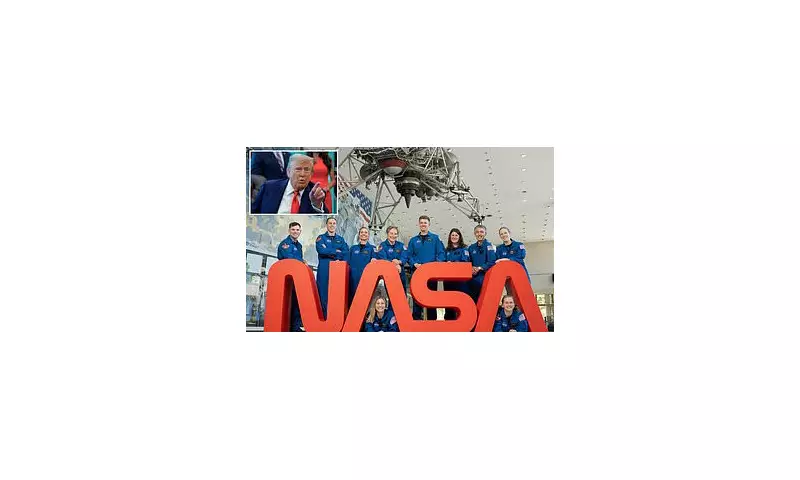
Disturbing warnings from within NASA's ranks are raising serious questions about the safety of America's space programme, with insiders claiming that astronauts could face catastrophic consequences if critical issues aren't addressed immediately.
Internal Concerns Reach Breaking Point
Multiple sources within the space agency have come forward with grave concerns about what they describe as "unacceptable risks" being taken with crew safety. These whistleblowers, speaking on condition of anonymity, suggest that without significant changes, the United States could be facing its first fatal space incident in decades.
The Pressure to Perform vs Safety Protocols
According to insiders, the relentless push to maintain ambitious launch schedules and achieve programme milestones has created an environment where safety protocols are sometimes compromised. "When you're racing against time and budget constraints, corners get cut," revealed one senior engineer familiar with multiple ongoing missions.
Specific Vulnerabilities Identified
The concerns aren't vague worries but specific, technical issues that could have dire consequences:
- Life Support System Reliability: Questions about backup systems and failure scenarios
- Spacecraft Structural Integrity: Concerns about materials performance in extreme environments
- Emergency Response Capabilities: Limited options for crew rescue in worst-case scenarios
- Training Adequacy: Whether astronauts are prepared for all potential emergencies
Historical Precedents Ignored?
Whistleblowers point to past space tragedies as cautionary tales that they believe aren't being given sufficient weight in current mission planning. The lessons learned from previous incidents, they argue, are being overshadowed by the excitement of new technological capabilities and political pressures.
NASA's Response Under Scrutiny
While NASA maintains its commitment to safety as the highest priority, internal documents and communications suggest that some safety officers have struggled to have their concerns adequately addressed through official channels. This has led to the unprecedented step of whistleblowers going outside normal reporting structures.
"We're not talking about minor technical glitches," one source emphasized. "We're talking about scenarios where if multiple systems fail simultaneously, we could lose the crew with no recovery options."
The Human Cost of Exploration
At the heart of these revelations is the fundamental tension between advancing human space exploration and protecting the lives of those brave enough to undertake these dangerous missions. As one former astronaut turned safety advocate noted, "Exploration will always involve risk, but there's a difference between calculated risk and unnecessary danger."
What Happens Next?
The whistleblower accounts have triggered internal reviews and congressional inquiries into NASA's safety culture and decision-making processes. The space agency now faces increasing pressure to demonstrate that astronaut safety truly remains its paramount concern as it pursues increasingly ambitious missions to the Moon, Mars, and beyond.
With billions in funding and America's reputation in space exploration at stake, how NASA addresses these serious allegations could determine the future of human spaceflight for generations to come.




